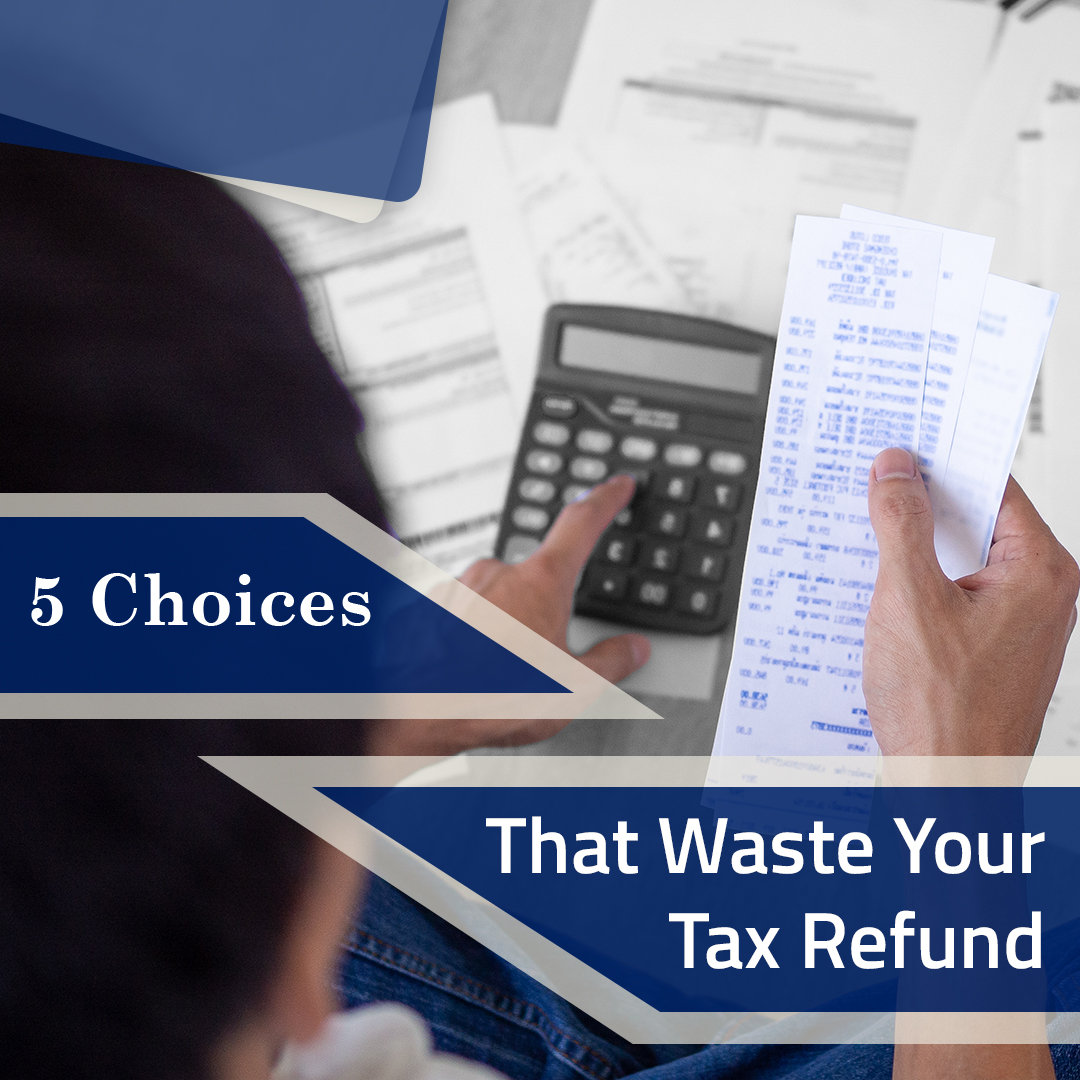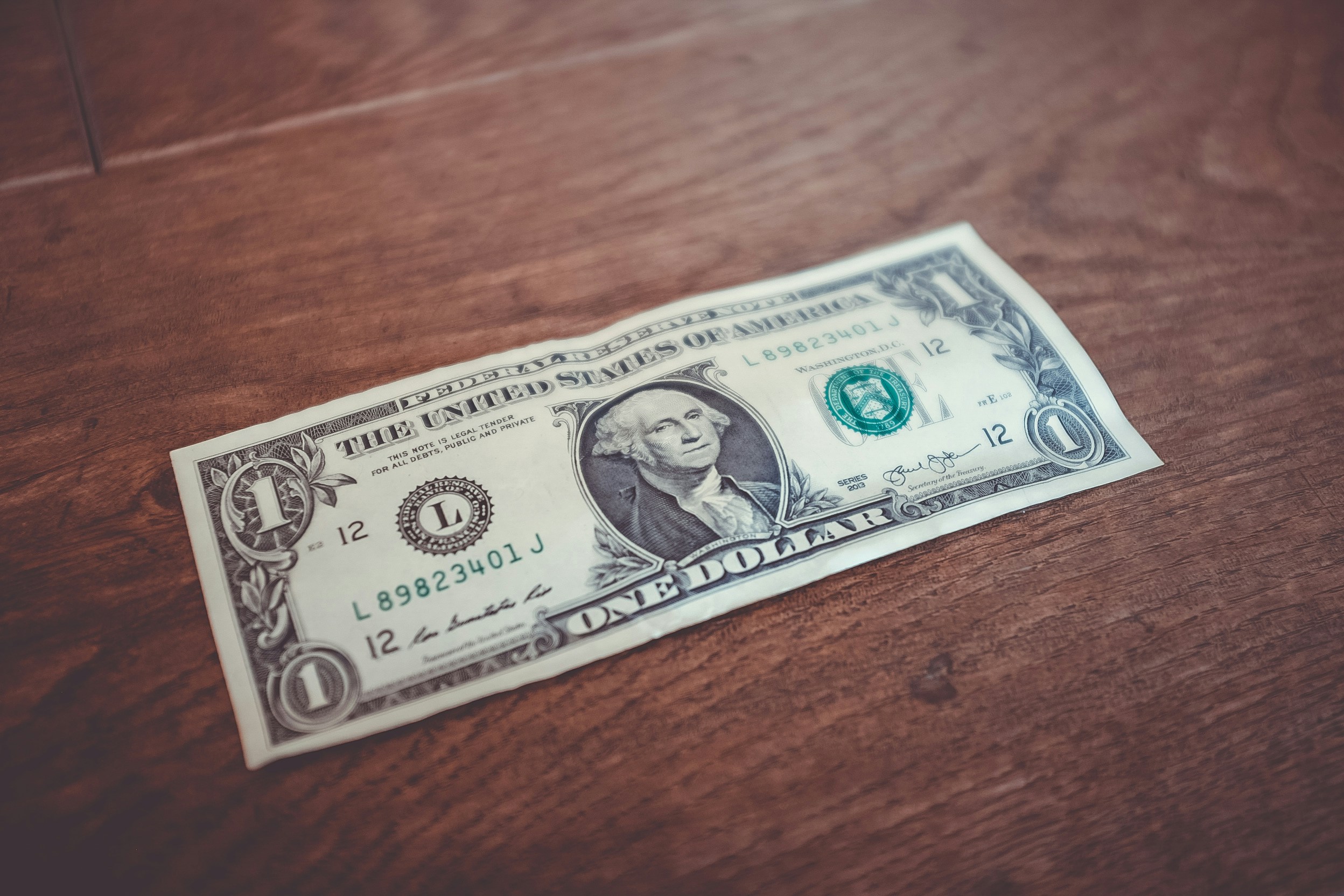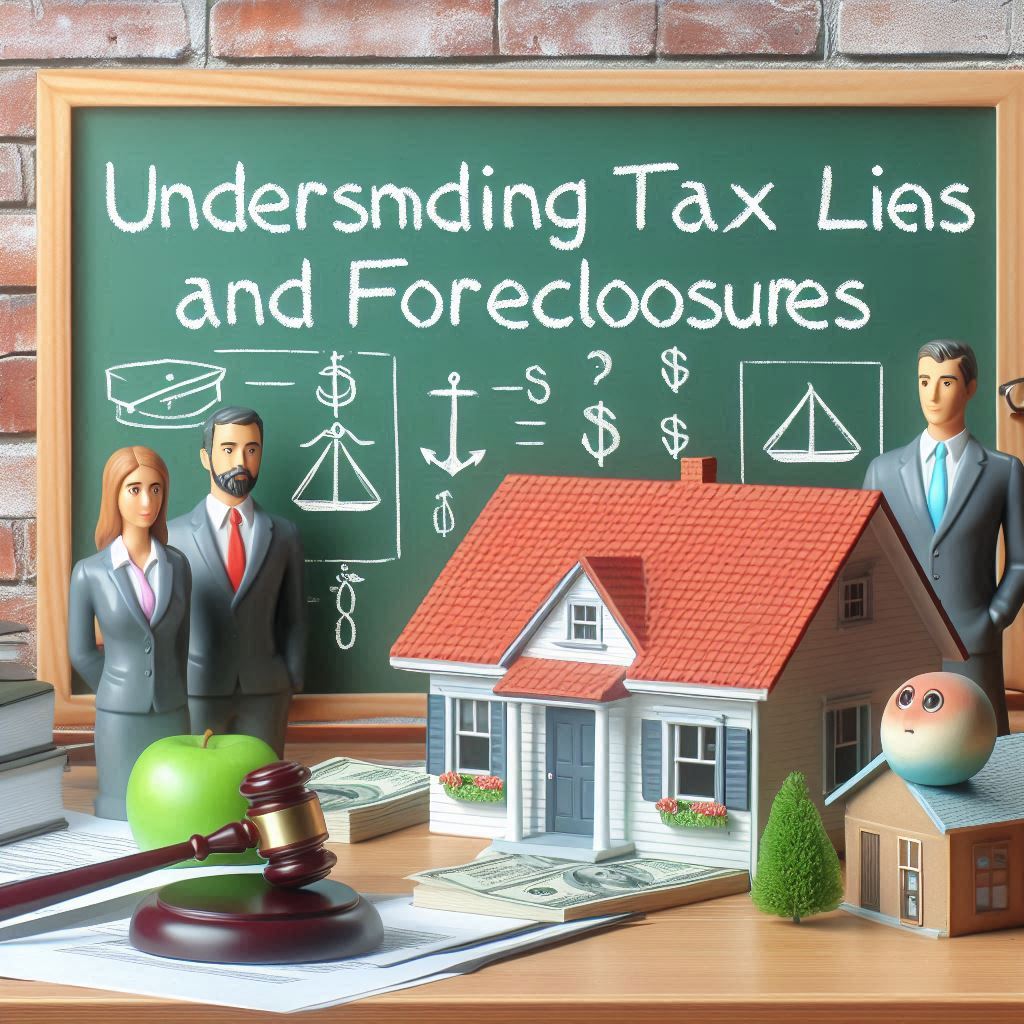

The Value of Smart Financial Decisions
Tax refunds present a unique opportunity to bolster one’s financial well-being. As financial windfalls, they provide a chance to reassess and potentially reorient one’s financial strategy. Given the often substantial nature of tax refunds, their allocation can significantly impact long-term financial stability. It is crucial to approach this influx of funds with a mindset geared toward strategic and informed decision-making, rather than succumbing to the temptation of impulsive spending.
Treating a tax refund as a mere bonus to be quickly spent undermines its potential for fostering financial growth. By making smart financial choices, individuals can leverage their refund to reduce debt, build savings, or invest in opportunities that yield future returns. These decisions can set a foundation for improved financial health, offering compound benefits over time through reduced financial stress and increased fiscal security.
Considerations for the wise use of a tax refund include assessing one’s current financial situation and targeting areas in need of improvement. Paying down high-interest debt, for example, not only reduces financial liabilities but also frees up cash flow for future use. Similarly, augmenting an emergency fund can provide much-needed security against unforeseen expenses. Investing in personal education or career development can also offer long-term dividends by enhancing earning potential.
Ultimately, the manner in which a tax refund is utilized can either contribute to financial success or squander an opportunity for personal fiscal advancement. By recognizing the value of this financial inflow and making deliberate, well-considered choices, individuals can cultivate a more stable and prosperous financial future. The key lies in resisting spontaneous expenditures in favor of options that promise enduring benefits and align with broader financial goals.
Impulse Purchases and Retail Therapy
Receiving a tax refund often excites the prospect of extra, unclaimed money, leading many to engage in impulse purchases and retail therapy. Such expenditures, though momentarily uplifting, can be financially detrimental and bring about regret. The fleeting happiness of purchasing the latest gadget, fashion item, or luxury good is commonly replaced by the sobering realization of misused funds. Studies show that a significant portion of individuals, about 26% according to a recent survey, typically spend their tax refunds impulsively rather than allocating them more strategically. This results in substantial amounts being frittered away on transient pleasures.
Impulse buys rarely address longer-term needs or contribute to financial stability. The rush of an unplanned purchase is often followed by buyer’s remorse, with the initial excitement quickly dissipating. This cycle underscores the dissatisfaction many feel after spending their tax refunds on non-essential items. Understanding the psychology behind impulse buying can help mitigate its effects. The allure of instant gratification often overrides rational financial decision-making, leading to unnecessary expenditures that do little to enhance future well-being.
Opting for more sustainable financial decisions can markedly improve one’s financial health. Rather than succumbing to retail therapy, consider investing the tax refund in ways that offer lasting benefits. For instance, setting aside a portion of the refund for an emergency fund can provide a safety net for unforeseen circumstances. Alternatively, allocating funds towards paying off high-interest debt can significantly reduce financial pressures and improve credit scores. Another advantageous approach involves investing in retirement accounts or educational pursuits, which can yield long-term rewards far surpassing the ephemeral delight of impulse purchases.
Ultimately, while the temptation to indulge in immediate wants is strong, redirecting tax refunds towards meaningful financial goals can foster stability and growth, ensuring that the benefits of the refund extend well beyond the initial moment of receipt. Prioritizing thoughtful financial planning over ephemeral indulgence can be a pivotal step in enhancing overall financial resilience and well-being.
Overpriced Electronics and Gadgets
Many individuals find themselves eagerly eyeing the latest slate of electronics and gadgets once they receive their tax refund. The allure of the newest smartphone, state-of-the-art smartwatches, or high-definition televisions can be incredibly tempting. However, it’s essential to recognize that this particular form of retail therapy may not be the wisest investment. The rapid depreciation of technology means that the value of these high-ticket items declines almost immediately after purchase. Moreover, advancements are so swift in this sector that a cutting-edge device today can become obsolete in just a couple of years, if not months.
Overpriced gadgets may provide immediate gratification, but their fleeting utility and swift obsolescence can eventually lead to buyer’s remorse. For example, a brand-new smartphone can lose up to 30% of its value within a year of its release, and in two years, newer models with advanced features will likely overshadow it. Hence, diverting a significant portion of your tax refund to these items may not be the most prudent approach.
Rather than splurging on expensive and fleeting tech items, a more valuable way to invest in technology is to focus on tools that contribute to professional growth or educational purposes. For instance, purchasing a high-performance laptop for work or enrolling in an online certification course could yield substantial long-term benefits. A quality computer or software suite can enhance productivity and open up career opportunities, offering a much better return on investment.
Additionally, investing in educational technology such as e-book readers, educational apps, and online learning platforms can be both enriching and empowering. These devices and services grant access to a wealth of knowledge, fostering continuous learning and self-improvement over time.
By reframing your spending habits regarding electronics, you position yourself to make choices that not only satisfy immediate desires but also contribute to lasting personal and professional development.
Lavish Vacations Without Financial Planning
It can be incredibly tempting to spend your tax refund on an extravagant vacation, aiming to escape the everyday routine and indulge in luxury. However, diving into lavish vacations without proper financial planning often leads to significant pitfalls. One of the most concerning issues is the potential for accumulating debt. When the expenses of an extravagant trip exceed the tax refund amount, individuals may resort to credit cards or loans to cover the difference. This can result in high-interest debt that compounds over time, drastically impacting one’s financial health.
Furthermore, the stress of returning to financial instability post-vacation can outweigh the temporary joy of the trip. Without a solid financial plan, individuals may find themselves struggling to meet regular expenses and facing the anxiety of managing debts incurred during the vacation. It’s essential to consider that the short-lived thrill of a lavish trip is rarely worth the prolonged financial strain that follows.
For those eager to travel, there are more financially responsible ways to enjoy a break. One effective approach is to allocate a portion of the tax refund to a dedicated travel savings account. This allows for the accumulation of funds over time, enabling a well-planned trip without financial stress. Additionally, exploring budget-friendly travel options can provide enriching experiences without the heavy financial burden. Utilizing travel rewards, hunting for discounts, and planning during off-peak seasons are strategies that can significantly reduce travel expenses.
In summary, while the allure of a lavish vacation can be strong, it’s crucial to balance the desire for relaxation with financial prudence. Proper planning and budgeting not only contribute to a more enjoyable and stress-free trip but also ensure long-term financial stability. By adopting a financially sound approach to travel, individuals can experience rewarding vacations that do not compromise their economic well-being.
High-End Dining and Entertainment
Many individuals often opt to spend their tax refunds on high-end dining experiences and entertainment, seeking immediate gratification through luxurious meals and exclusive events. While indulging in gourmet restaurants and premium entertainment may provide temporary pleasure, these expenditures are typically fleeting and ephemeral. The excitement and satisfaction derived from such experiences usually dissipate quickly, leaving little to no long-term value.
The allure of luxury dining and entertainment lies in their ability to offer unique, memory-making moments. However, when frequently chosen over more financially prudent alternatives, these indulgences can detract significantly from long-term financial stability. It’s imperative to consider the opportunity cost; that is, what one forgoes in terms of potential future benefits by spending the tax refund on immediate luxuries.
For instance, instead of allocating the entire refund toward a series of extravagant dinners, one might consider reserving such experiences for special occasions. This approach not only enhances the appreciation for such indulgences but also ensures that finances are not unduly compromised. Another viable alternative is investing in hobbies or activities that not only provide enjoyment but also carry the potential for future returns. This could include purchasing essential equipment for a budding photography interest, contributing to a musical instrument fund, or investing in a fitness regime.
Leveraging a tax refund for experiences or items that may yield long-term benefits proves to be a wiser financial decision. Savvy decision-making in this regard can fortify one’s financial foundation, allowing for both stability and enjoyment. While the temptation to indulge in high-end dining and entertainment is strong, balancing such desires with responsible financial foresight is key to maximizing the utility of your refund in a manner that supports sustained financial well-being.
One of the crucial choices to avoid when receiving a tax refund is opting for minimal or no debt repayment. A tax refund presents an excellent opportunity to address outstanding debts, yet many individuals miss this critical chance to enhance their financial health. Prioritizing debt repayment can lead to substantial benefits, most notably in the form of long-term financial stability and significant savings on interest.
First and foremost, paying down debt can drastically improve one’s financial situation by reducing the amount of interest paid over time. High-interest debts, such as credit cards or personal loans, can accumulate considerable interest charges, which ultimately increase the overall cost of the debt. By using a tax refund to pay off or reduce these obligations, individuals can minimize the total interest paid, resulting in long-term savings.
Moreover, reducing or eliminating debt improves cash flow. With fewer monthly debt payments, more income becomes available for other essential expenses or savings. This improved cash flow can be instrumental in managing day-to-day finances and accumulating savings, ultimately leading to enhanced financial security.
Another significant advantage of debt repayment is the positive impact on one’s credit score. By paying down outstanding balances, individuals can lower their credit utilization ratio, which is a key factor in determining creditworthiness. Improved credit scores open the door to better interest rates on future loans and credit cards, creating a cycle of financial benefits.
In addition to the tangible benefits, prioritizing debt reduction can offer emotional and mental relief. Carrying substantial debt often brings stress and anxiety, but paying it down provides a sense of accomplishment and financial freedom. This newfound peace of mind can positively influence other areas of one’s life, promoting overall well-being.
In conclusion, using a tax refund to tackle debt is a strategic move that can lead to lasting financial improvements. Whether it’s reducing high-interest credit card balances or paying off personal loans, focusing on debt repayment can pave the way for a more secure and prosperous financial future.
One of the most prudent uses of a tax refund is to prioritize savings and investments. Failing to do so represents a missed opportunity for financial growth and security. When a tax refund is not directed towards savings or investments, individuals forgo the chance to build an emergency fund, which acts as a financial cushion in times of unexpected expenses. This fund can prevent the accumulation of debt by covering sudden costs like medical bills, car repairs, or other emergencies.
Moreover, contributing to retirement accounts such as a 401(k) or an IRA with your tax refund can substantially benefit your long-term financial health. These accounts offer tax advantages and serve as a vital component of a secure retirement plan. Consistent contributions over time can compound significantly, ensuring a more comfortable and financially stable retirement.
Investing in diversified portfolios, including stocks, bonds, or mutual funds, is another wise choice. These investment vehicles offer the potential for growth and can outpace inflation, preserving the purchasing power of your money. Starting an investment plan, even with a modest refund, can cultivate good financial habits and position you to reap long-term rewards.
For those just beginning to save and invest, simple steps can facilitate the process. Opening a high-yield savings account is an excellent starting point as it offers better interest rates compared to regular savings accounts. Automated transfers from your checking account to your savings or investment accounts can also make the process effortless and consistent. Utilizing financial apps or consulting with a financial advisor for tailored advice can further streamline the journey towards a solid financial foundation.
In brief, neglecting to save or invest a tax refund can hinder financial progress. By using these funds wisely to build an emergency fund, contribute to retirement accounts, and make sound investments, you optimize your financial well-being and set the stage for a secure future.
Conclusion: Making Informed Choices for Financial Stability
As we have explored, there are several common pitfalls to avoid when deciding how to allocate your tax refund. Whether it’s succumbing to the allure of immediate gratification, giving in to unnecessary luxury purchases, or simply failing to plan adequately, misguided use of a tax refund can significantly diminish its potential positive impact on your finances.
To enhance long-term financial stability, it’s crucial to approach each financial decision, including how to spend your tax refund, with careful consideration and strategic insight. A well-planned investment, paying off high-interest debt, or bolstering your emergency fund are just a few ways to ensure that your tax refund works for you, rather than against you.
Reassessing your financial goals often is vital. Evaluate the avenues that will provide the most substantial benefit to your overall financial health. Remember that the larger picture includes both immediate needs and long-term objectives, and balancing these aspects effectively can lead to greater financial security.
As you reflect on the various options for utilizing your tax refund, think about the methods that align best with your current financial status and future aspirations. Educating yourself, seeking professional advice if necessary, and making informed choices will help you navigate the complexities of financial planning and make the most out of your tax refund.
In conclusion, be strategic about how you use your tax refund. The choices you make today can profoundly affect your financial well-being tomorrow. By prioritizing informed decisions and carefully considering your financial goals, you can turn your tax refund into a stepping stone toward a more secure and prosperous future.
 Français
Français 














